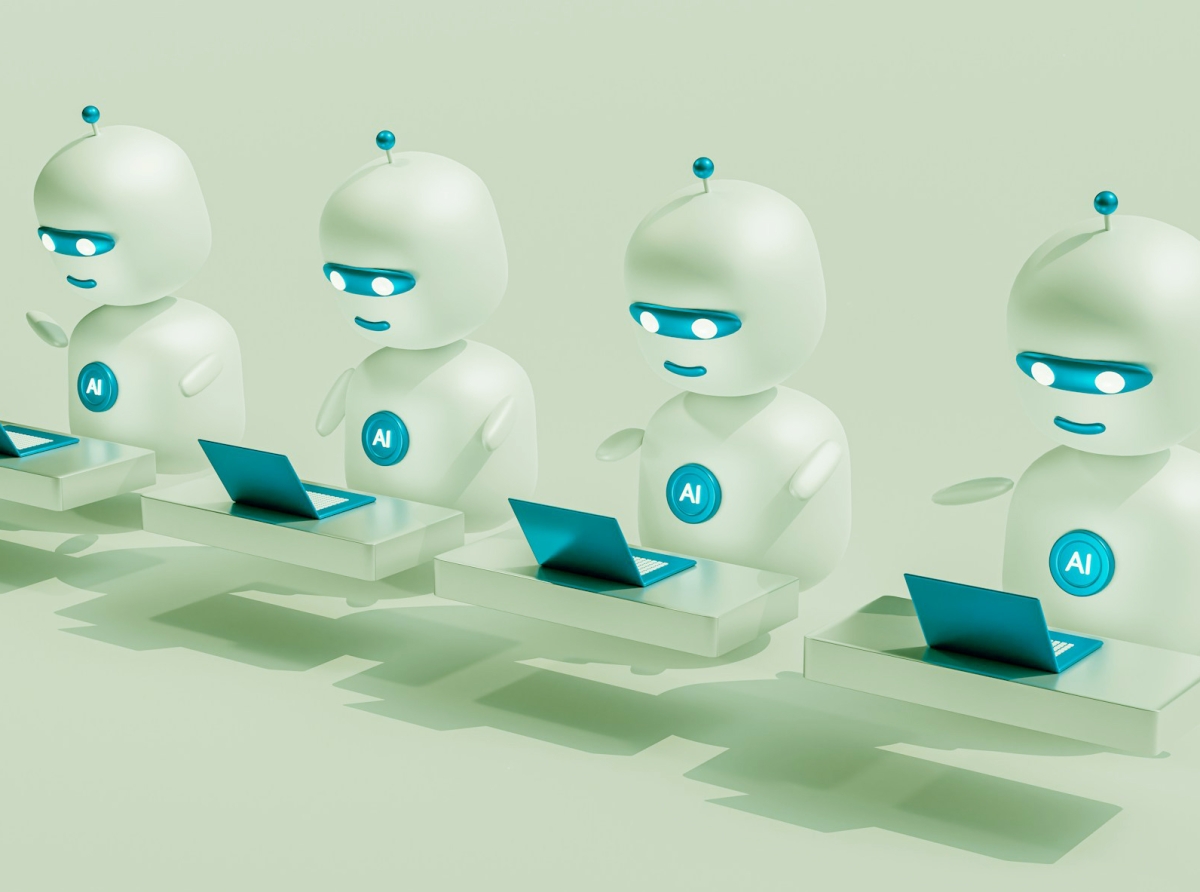How AI is changing hiring at the world's largest banks: JPMorgan and Goldman Sachs enter a new era

How AI is changing hiring at the world's largest banks: JPMorgan and Goldman Sachs enter a new era
Artificial intelligence on Wall Street is no longer a technological experiment – it's becoming a new management philosophy.
JPMorgan and Goldman Sachs are using AI not just for automation, but to reimagine hiring, productivity, and customer experience. This is the beginning of an era when intellectual labor scales like software code.
JPMorgan and Goldman Sachs are using AI not just for automation, but to reimagine hiring, productivity, and customer experience. This is the beginning of an era when intellectual labor scales like software code.
Wall Street on the threshold of a new era
America's largest banks are rethinking their HR management principles. JPMorgan Chase and Goldman Sachs—symbols of US financial power—are not currently increasing their headcount, even during record profit periods. The reason is artificial intelligence, which is changing the very logic of corporate growth.While rapid profit growth once meant massive hiring, now, even with double-digit profitability, financial giants are freezing staff expansion , implementing AI in all aspects of their operations—from data analysis to customer service.

How AI is changing hiring at the world's largest banks: JPMorgan and Goldman Sachs enter a new era
JPMorgan: The world's largest bank's "AI-first" strategy
JPMorgan Chase, the world's largest bank by market capitalization, announced it would integrate artificial intelligence into all its processes, both internal and external.Even with profits expected to grow 12% in the third quarter of 2025 , to $14.4 billion, JPMorgan's headcount grew by only 1%. As of September, the bank had 318,153 employees —a number that may not increase despite its financial success.
According to CEO Jamie Dimon, AI will inevitably lead to some job losses, but the bank is ready to retrain those affected:
"Yes, some functions will disappear. But we believe we can retrain people and create new roles within the JPMorgan digital ecosystem."
Goldman Sachs: Speed, Agility, and Smart Growth
Goldman Sachs, which ended the quarter with profits up 37% to $4.1 billion, is taking a similar approach.Goldman Sachs is building a large-scale AI infrastructure that will span front, middle, and back offices. The project is expected to last several years, and its success will be measured not by headcount, but by the quality of client service and profitability.
Despite some layoffs, Goldman Sachs' overall headcount will actually grow in 2025, according to bank spokeswoman Jennifer Zuccarelli, but this will come from AI and data analytics specialists, not traditional banking positions.
Inspired by Silicon Valley
The approach of financial giants echoes the philosophy of tech corporations. Amazon, Microsoft, and Google have also announced "hiring pauses" and strategic shifts toward artificial intelligence.On Wall Street, AI is becoming more than just an optimization tool—it's evolving into a new way to manage intellectual capital .
Investors are applauding companies that prioritize AI over headcount, viewing it as a sign of maturity and technological resilience.
Who is under attack?
AI's primary pressure is on operational and support functions —the traditional back office and middle office. It's here that algorithms can replace thousands of functions:data processing, reporting, risk management, and client verification.
JPMorgan management estimates that the number of such employees will decrease by at least 10% over the next five years , even with overall business growth.
These aren't layoffs to cut costs—they're a systemic recalibration of the employment structure.
Some specialists will be transferred to new departments, such as AI modeling, digital compliance (compliance tech), and customer process automation.
This philosophy is a typical example of management evolution under the influence of AI: the human factor fades into the background, giving way to strategic thinking, where algorithms become co-authors of decisions.
What's next for the finance job market?
The financial industry is on the brink of its biggest transformation in decades.AI is displacing routine functions but opening up new professions—from data analysts and machine learning architects to algorithm ethicists.
According to the consulting company PwC, by 2030 the share of AI in the US financial sector's GDP could exceed 15% , and the total savings on banks' operating expenses could amount to $450 billion per year.
However, for industry workers, this means not just retraining, but a complete rethinking of the role of humans in digital capital.
Conclusion: The era of "subscription-based intellectual work"
A new era has dawned on Wall Street.
AI has ceased to be a supporting tool and has become the architect of corporate structure .
JPMorgan, Goldman Sachs, and other market leaders are demonstrating that future performance will be measured not by the number of employees, but by the speed of implementation of intelligent systems.
By Miles Harrington
October 17, 2025
Join us. Our Telegram: @forexturnkey
All to the point, no ads. A channel that doesn't tire you out, but pumps you up.
October 17, 2025
Join us. Our Telegram: @forexturnkey
All to the point, no ads. A channel that doesn't tire you out, but pumps you up.









Report
My comments